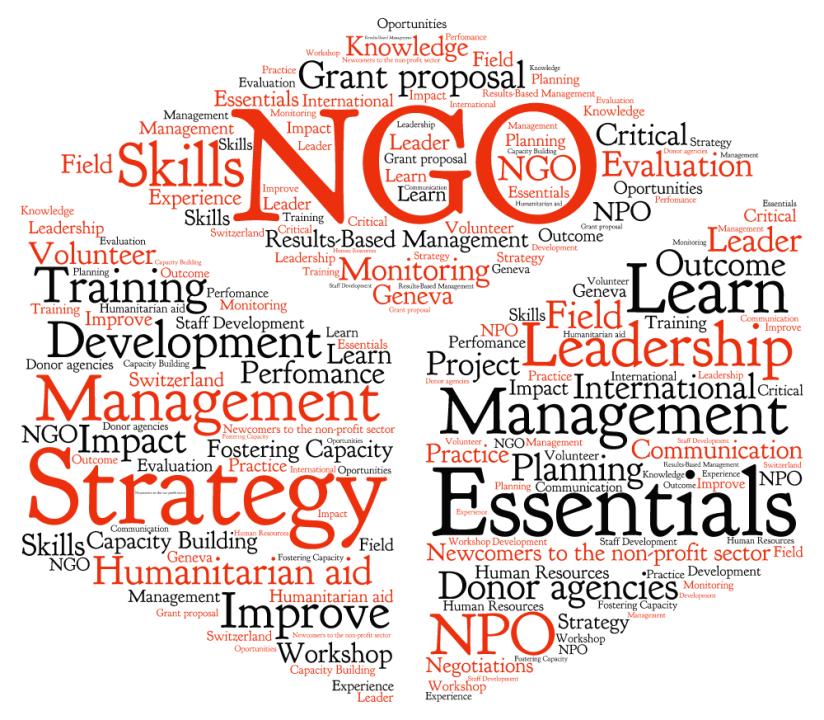
NGOs and Social Entrepreneurship – Part 2
Posted on 09 November, 2020 at 15:21
By Kudakwashe Ngoma
Non-governmental development organizations are searching for new models to enable them to fulfil their missions. The common goals they strive towards, like eradicating poverty, inequality, insecurity and injustice, remain relevant. It is the way NGOs are organized and financed that is changing rapidly. In the development world, facing the reality of dwindling grant funding should be a wake-up call to any NGO and a sure sign that they need to change. As explained in our last issue, being a social enterprise may be explained as offering valuable products and services, in line with the organisation’s mission, that are (partially or wholly) paid for and at the same time contribute to meaningful social impact. Social entrepreneurship combines a market orientation with a social purpose, generating both financial and social revenues. Some of the benefits of incorporating social entrepreneurship into the organisational strategy are explained below.
Looking
for self-reliance and independency
Many development organizations
are turning to social entrepreneurship as a way to become more financially
self-reliant with the promise of financial sustainability. Self-funding is the
new mantra, helped by a pro-business ideology that has made for-profit
initiatives more acceptable. As a result, sources of funding available to
non-profit organizations are shifting in favour of approaches that are more
commercially oriented. Furthermore, there is an increasing belief, rightly or
wrongly, that institutional charity and social movements like development NGOs,
do not only do good, and that there is a danger that they undermine
beneficiaries’ self-esteem and create a sense of helplessness and dependence.
Integrating
business values in the organization
In recent years a new earning
model has emerged in which a third party pays, but has no vested interest. With
these ‘buy one, give one’ initiatives, a consumer buys a product and someone
less fortunate receives the same product for free. However, this model, based
on the charitable act of donating a product, serves as little more than a
short-term fix in a system in need of long-term, multi-faceted economic
development, health, sanitation, and education solutions. Supporting projects
that go further than giving may solve this problem. Most social entrepreneurs
will seek to generate some profit to improve their operation and scale up their
activities. Commercial programmes, however, do not need to be profitable to be
worthwhile. They can improve the efficiency and effectiveness of the
organization, can enhance the quality of programmes by instilling market
discipline, and can better respond to the real needs of and be more accountable
to the communities they serve.
Innovation
/ New Goods and Services
Social enterprises develop and
apply innovation important to social and economic development and develop new
goods and services. Issues addressed include some of the biggest societal
problems such as HIV, mental ill-health, illiteracy, crime and drug abuse
which, importantly, are confronted in innovative ways. This innovation will
enhance the way of operations, and in turn increase the social capital of the
organisation. Next to economic capital, one of the most important values
created by social entrepreneurship is social capital, usually understood as
“the resources which are linked to possession of a durable network of relationships
of mutual acquaintance and recognition" It is all about recognizing business
opportunities that can, at the same time, solve social and civic problems.
To sum up, social enterprises
should be seen as a positive force, as change agents providing leading-edge
innovation to unmet social needs. Social entrepreneurship is not a panacea
because it works within the overall social and economic framework, but as it
starts at the grassroots level it is often overlooked and deserves much more attention
particularly from academics as well as policy makers. This is especially
important in developing countries and welfare states facing increasing
financial stress.
